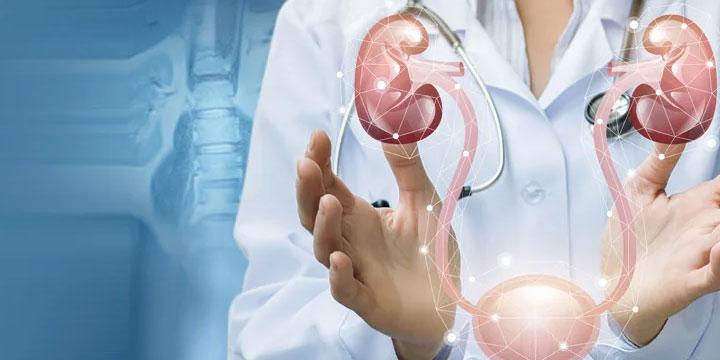
2023-06-22
Urination problems in men
The underlying cause of urination problems in men is usually prostate disease and benign prostate enlargement. However, prostate cancer should also be considered in the differential diagnosis at the first presentation.
At the first presentation, finger rectal examination, urinalysis, urination rate measurement (uroflowmetry) and ultrasonography are sufficient to evaluate the size of the prostate, bladder wall and kidneys.
If the findings are compatible with benign prostate enlargement (BPH), drug treatment is usually the first choice in our practice. A common side effect of drug treatment is the inability to ejaculate during sexual intercourse (retrograde ejaculation). This temporary condition has no vital importance. The ejaculation fluid that escapes into the urinary bladder will be excreted in the urine.
The use of tadalafil alone in urination problems with erectile dysfunction is good for both urination complaints and erectile dysfunction. In this respect, the use of 5 mg tadalafil daily in patients with sufficient financial situation comes to the fore.
In people with large prostate size, dutasteride treatment can also be used to shrink the prostate. Loss of sexual desire side effect has been reported.
Surgical treatment comes to the forefront in people who do not benefit from drug treatment, who need to be catheterised, who have recurrent urinary tract infections or bleeding.
Depending on the size of the prostate, closed prostate surgery (TUR-Prostatectomy), open prostatectomy, laser vaporisation techniques (such as Greenlight), HoLEP enucleation (as a closed operation technique in large prostates), laparoscopic or robot-assisted laparoscopic prostatectomy are available.
After surgical treatments, the micturition rate increases and a better urine discharge is achieved. It should not be forgotten that bladder function disorders may also be seen with prostate diseases. People with overactive bladder symptoms and nocturia (nocturia) may need to continue medication after the operation.


